-
 Bitcoin
Bitcoin $118800
-0.14% -
 Ethereum
Ethereum $4215
-0.42% -
 XRP
XRP $3.137
-1.39% -
 Tether USDt
Tether USDt $1.000
0.01% -
 BNB
BNB $801.4
-0.34% -
 Solana
Solana $174.5
-4.67% -
 USDC
USDC $0.0000
0.01% -
 Dogecoin
Dogecoin $0.2227
-4.63% -
 TRON
TRON $0.3437
1.55% -
 Cardano
Cardano $0.7720
-3.53% -
 Hyperliquid
Hyperliquid $43.12
-4.42% -
 Chainlink
Chainlink $21.09
-4.78% -
 Stellar
Stellar $0.4308
-2.98% -
 Sui
Sui $3.650
-5.39% -
 Bitcoin Cash
Bitcoin Cash $576.9
1.28% -
 Hedera
Hedera $0.2456
-4.71% -
 Ethena USDe
Ethena USDe $1.001
-0.02% -
 Avalanche
Avalanche $22.80
-4.05% -
 Litecoin
Litecoin $120.3
-2.70% -
 Toncoin
Toncoin $3.378
1.24% -
 UNUS SED LEO
UNUS SED LEO $8.975
-1.00% -
 Shiba Inu
Shiba Inu $0.00001289
-4.88% -
 Uniswap
Uniswap $10.95
0.54% -
 Polkadot
Polkadot $3.851
-4.86% -
 Cronos
Cronos $0.1661
2.05% -
 Dai
Dai $1.000
0.02% -
 Ethena
Ethena $0.7820
-0.17% -
 Bitget Token
Bitget Token $4.391
-1.26% -
 Monero
Monero $270.3
0.77% -
 Pepe
Pepe $0.00001120
-6.72%
How to solve the problem that orders cannot be revoked in Binance spot trading?
Binance's spot trading doesn't allow canceling executed market orders; however, perceived irrevocability often stems from network latency or order book congestion. Using limit orders and understanding order types prevents unwanted executions.
Mar 19, 2025 at 12:36 am
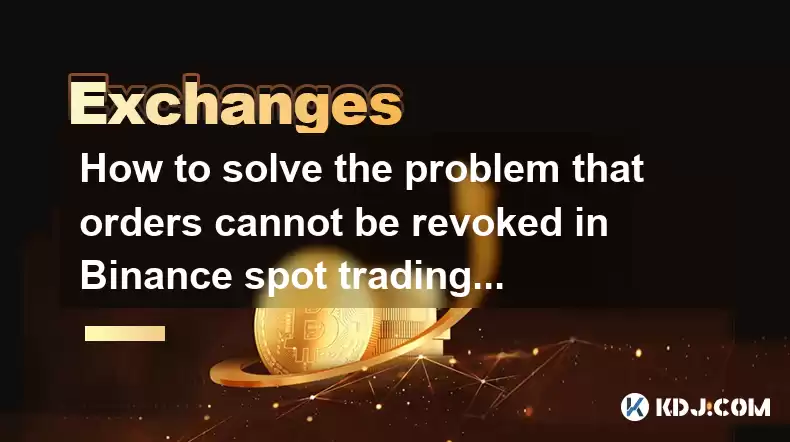
Key Points:
- Binance's spot trading generally does not offer order cancellation after execution. Understanding the mechanics of order placement and execution is crucial.
- Time delays between order placement and execution can lead to a perceived inability to cancel, but this is usually due to network latency or order book congestion.
- Using limit orders instead of market orders offers more control and mitigates the risk of unwanted executions.
- Properly configuring your trading settings and understanding the implications of different order types are key to preventing issues.
- While direct cancellation after execution isn't possible, managing risk through strategies and understanding order types is paramount.
How to Solve the Problem That Orders Cannot Be Revoked in Binance Spot Trading?
The title implies a misunderstanding about order cancellation in Binance's spot trading. Once a market order is executed on Binance, it cannot be reversed. This is standard practice across most centralized exchanges. However, the perception of an "irrevocable" order often stems from issues related to order placement, execution speed, and a lack of understanding of different order types.
The core issue isn't about revoking an executed order; it's about preventing unwanted executions in the first place. Let's explore how to address this.
Understanding Order Types and Their Implications:
- Market Orders: These orders execute immediately at the best available price. Because of their immediate nature, they are generally not cancellable once submitted. The speed of execution often makes cancellation attempts seem impossible.
- Limit Orders: These orders only execute when the market price reaches your specified price. This gives you more control and allows you to cancel the order before it's filled. This is your primary tool for avoiding unwanted executions.
- Stop-Limit Orders: These combine elements of both market and limit orders. They activate as a limit order when the market price reaches a specified trigger price. You can still cancel these before the trigger price is met.
Improving Your Trading Process:
- Network Connectivity: Ensure you have a stable and fast internet connection. Slow connections can delay order execution and cancellation requests, leading to the perception that orders are irrevocable.
- Order Book Congestion: During periods of high trading volume, the order book can become congested, causing delays in execution and potentially impacting your ability to cancel an order before it fills. Be aware of market conditions.
- Order Placement Accuracy: Double-check your order details (amount, price, trading pair) before submitting. A simple mistake can lead to an unwanted execution. Take your time and review your inputs carefully.
- Using Testnet: Before using real funds, practice trading with testnet funds on Binance to understand how orders are processed and canceled. This risk-free environment allows you to learn without financial consequences.
Optimizing Your Trading Strategy:
- Smaller Order Sizes: Trading smaller amounts can minimize potential losses if an order is unexpectedly executed. This is especially crucial for market orders.
- Tight Stop-Losses: If you're using market orders or stop-limit orders, implementing tight stop-loss orders can help limit potential losses. This is a risk management technique.
- Regular Monitoring: Keep an eye on your open orders, especially during volatile market conditions. This allows for timely cancellation if needed.
- Understanding Order Book Depth: Analyzing the order book can provide insights into the likelihood of your limit order being filled quickly. This helps in setting realistic expectations and prices.
Addressing Perceived Irrevocability:
Often, the inability to cancel an order is perceived, not actual. The speed of execution, especially with market orders, can give the impression that the order is immediately and irreversibly executed. Careful planning and the use of limit orders significantly mitigate this perception. Remember that network latency and high trading volume can contribute to the delay in the visual update of order status on the exchange interface. Your order may have been canceled, but the update may be delayed.
Frequently Asked Questions:
Q: I placed a market order and it filled instantly. Can I reverse it?
A: No, executed market orders are generally irreversible on Binance spot trading. The transaction is recorded on the blockchain.
Q: My limit order hasn't filled, but I want to cancel it. How do I do that?
A: Go to your "Open Orders" section on Binance, locate the order, and click the "Cancel" button.
Q: Why did my order seem to execute even though I tried to cancel it?
A: This is often due to network latency or order book congestion. The order may have already been matched before your cancellation request was processed. Consider using limit orders to avoid this issue.
Q: Are there any circumstances where an executed spot trade can be reversed?
A: Generally no, unless there is a verifiable error or malfunction on Binance's side, which is rare. This would require direct intervention from Binance support. The exchange usually has strict processes in place.
Q: What's the difference between a market order and a limit order in terms of cancellability?
A: Limit orders can be canceled before execution, while market orders are generally non-cancellable after submission. The immediate execution nature of market orders precludes cancellation.
Disclaimer:info@kdj.com
The information provided is not trading advice. kdj.com does not assume any responsibility for any investments made based on the information provided in this article. Cryptocurrencies are highly volatile and it is highly recommended that you invest with caution after thorough research!
If you believe that the content used on this website infringes your copyright, please contact us immediately (info@kdj.com) and we will delete it promptly.
- Dogecoin's Rally Pause: Bullish Structure Still Intact?
- 2025-08-12 04:50:12
- Whales, Altcoins, and Accumulation: What's the Hype?
- 2025-08-12 04:55:16
- Floki's Valhalla: From Viking Raids to Mainstream MMORPG Domination
- 2025-08-12 05:10:12
- Do Kwon, Terra LUNA, and Lunar Horizons: A Tale of Trials and Tribulations
- 2025-08-12 04:30:12
- Bitcoin, Wealth Protection, and Economies: A Modern Financial Safety Net
- 2025-08-12 04:30:12
- INJ ETF, Crypto Future, and Uncertainty: Navigating the Murky Waters
- 2025-08-12 02:50:12
Related knowledge
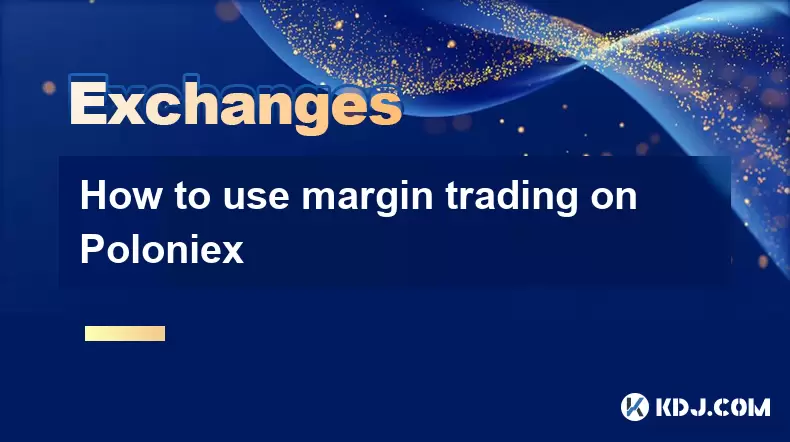
How to use margin trading on Poloniex
Aug 08,2025 at 09:50am
Understanding Margin Trading on Poloniex
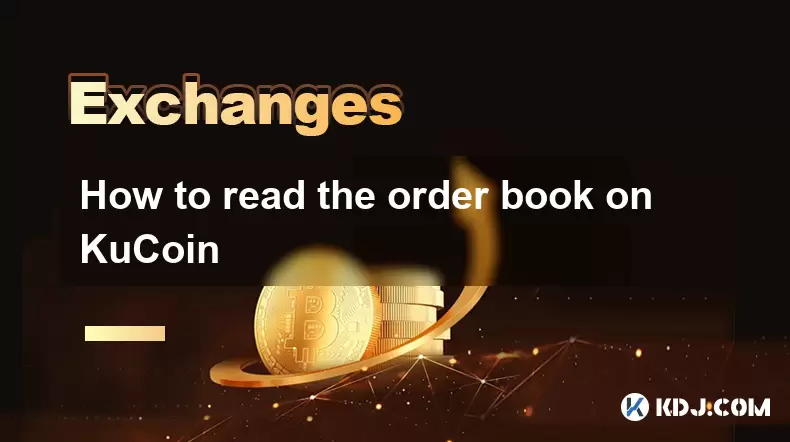
How to read the order book on KuCoin
Aug 10,2025 at 03:21pm
Understanding the Order Book Interface on KuCoinWhen accessing the order book on KuCoin, users are presented with a real-time display of buy and sell ...
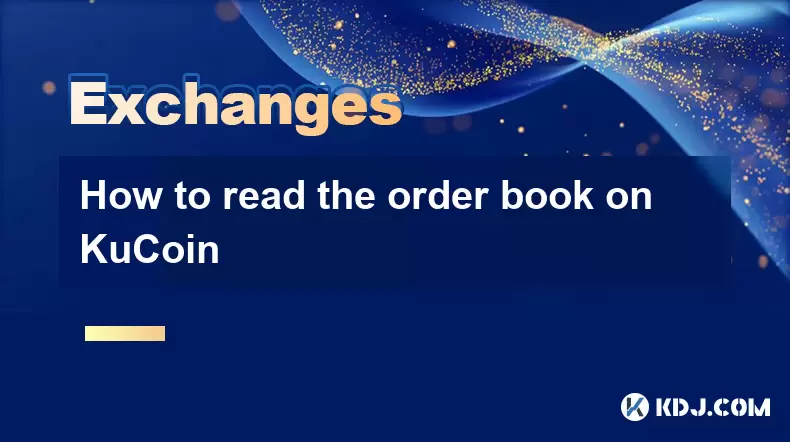
How to read the order book on KuCoin
Aug 12,2025 at 02:28am
Understanding the Basics of Staking in CryptocurrencyStaking is a fundamental concept in the world of blockchain and cryptocurrencies, particularly wi...
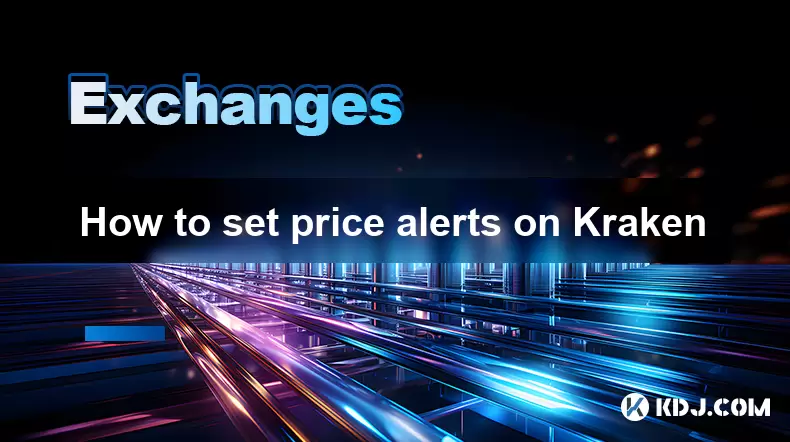
How to set price alerts on Kraken
Aug 11,2025 at 08:49pm
Understanding Price Alerts on KrakenPrice alerts on Kraken are tools that allow traders to monitor specific cryptocurrency pairs for price movements. ...
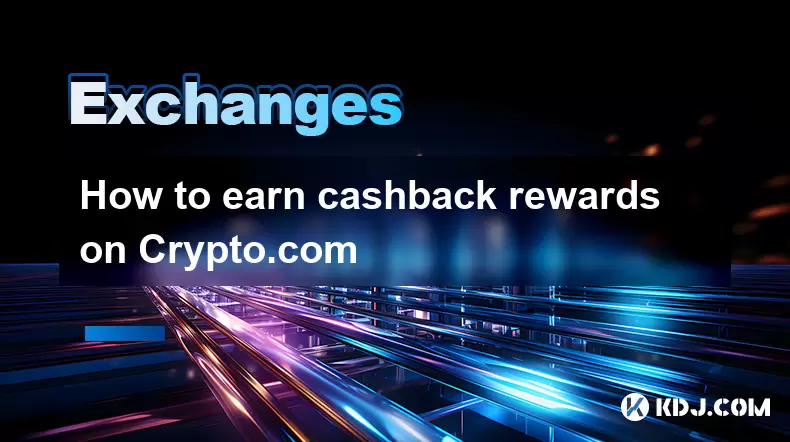
How to earn cashback rewards on Crypto.com
Aug 12,2025 at 02:08am
Understanding Cashback Rewards on Crypto.comCashback rewards on Crypto.com are a feature designed to incentivize users to spend using their Crypto.com...
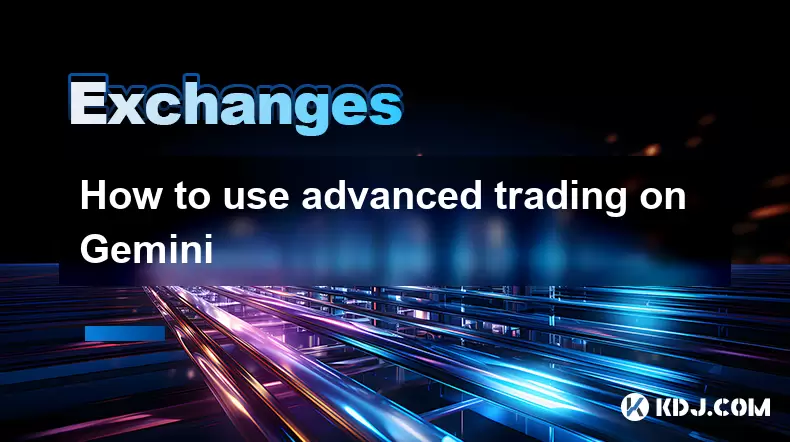
How to use advanced trading on Gemini
Aug 08,2025 at 04:07am
Understanding Advanced Trading on GeminiAdvanced trading on Gemini refers to a suite of tools and order types designed for experienced traders who wan...

How to use margin trading on Poloniex
Aug 08,2025 at 09:50am
Understanding Margin Trading on Poloniex

How to read the order book on KuCoin
Aug 10,2025 at 03:21pm
Understanding the Order Book Interface on KuCoinWhen accessing the order book on KuCoin, users are presented with a real-time display of buy and sell ...

How to read the order book on KuCoin
Aug 12,2025 at 02:28am
Understanding the Basics of Staking in CryptocurrencyStaking is a fundamental concept in the world of blockchain and cryptocurrencies, particularly wi...

How to set price alerts on Kraken
Aug 11,2025 at 08:49pm
Understanding Price Alerts on KrakenPrice alerts on Kraken are tools that allow traders to monitor specific cryptocurrency pairs for price movements. ...

How to earn cashback rewards on Crypto.com
Aug 12,2025 at 02:08am
Understanding Cashback Rewards on Crypto.comCashback rewards on Crypto.com are a feature designed to incentivize users to spend using their Crypto.com...

How to use advanced trading on Gemini
Aug 08,2025 at 04:07am
Understanding Advanced Trading on GeminiAdvanced trading on Gemini refers to a suite of tools and order types designed for experienced traders who wan...
See all articles

























































































